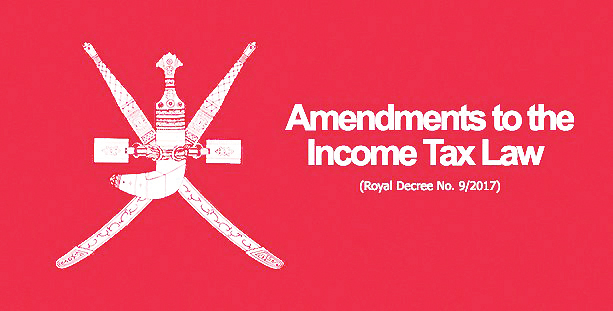

Rakesh Jain -
Oman is expected to be one of the fastest growing economies in the GCC in 2019, according to a recent report by the International Monetary Fund.
Last year marked a significant widening in scope in relation to the Sultanate’s withholding tax (WHT) regime, which applies to foreign payments. This regime is relevant to a number of Omani businesses relying on imported global technology and service expertise.

Under the existing Oman tax law (prior to amendment in February 2017), payments for royalties, research and development charges, computer software and management fees were subject to WHT. The obligation to comply rests on the Omani payer.
The WHT rate was pegged at 10 per cent on gross basis and applied to payments made to foreign entities, who would have otherwise not been subject to Oman tax.
In February 2017, changes to the Oman tax law expanded the scope of WHT to include payments made by Omani payers for services, interest and dividends to foreign entities. In addition, payments by governmental authorities — such as ministries and public institutions — were also made liable to WHT. As a result, entities making the specified payments are eager to understand where and when the tax is applicable to them.
Evolving WHT on service payments
The Oman Tax Authority (OTA) had issued clarifications that payment for services rendered wholly from outside Oman would not be subject to WHT.
These explanations were withdrawn in March 2018 and the OTA clarified that payments for all services (irrespective of where they are rendered) are subject to WHT. Separately, the OTA has clarified that on a case-by-case basis, payments for certain services (such as freight, reinsurance, airfare and others) will not be subject to WHT.
Other cross-border transactions
Employee secondments, cost allocation for common group support services and reimbursements represent a common feature in most multinational companies. It may be worthwhile to explore the non-applicability of WHT based on the principle that a service element is missing in such arrangements.
Tax treaties
Relief from WHT, either in the form of a reduced rate or scope, can be considered based on Oman’s 34 tax treaties. Demonstration of commercial substance and underlying documentation is crucial while evaluating such WHT relief.
Brunt of WHT on interest payments
The introduction of WHT has impacted Omani businesses — especially those operating in financial services and capital intensive sectors, which rely heavily on overseas debt funding.
In our experience, Oman tax authorities have clarified to banks the non-applicability of WHT on interest rate swaps, interest on deposits, interest on loans for liquidity purposes between banks within one year, and interest on certain types of bonds.
However, additional clarification or relaxation may be required. We will only know whether a broader exclusion will be provided upon announcement of the updated Executive Regulations.
It’s electronic
WHT returns are required to be filed electronically from November 2018. Taxpayers may face challenges if a reduced rate is applicable on specified foreign payments (e.g. tax treaty relief), as the online form considers the set WHT rate of 10 per cent and hence, such cases will require specific discussions with the OTA.
Looking ahead
The taxpayer community expects upcoming Executive Regulations to address many of the aforementioned queries. Since WHT is likely to increase Omani businesses’ operating costs, this may be the time to review cross-border payments to determine their level of WHT compliance, as well as their commercial arrangements. (Rakesh Jain is a Director at KPMG in Oman)
Oman Observer is now on the WhatsApp channel. Click here



